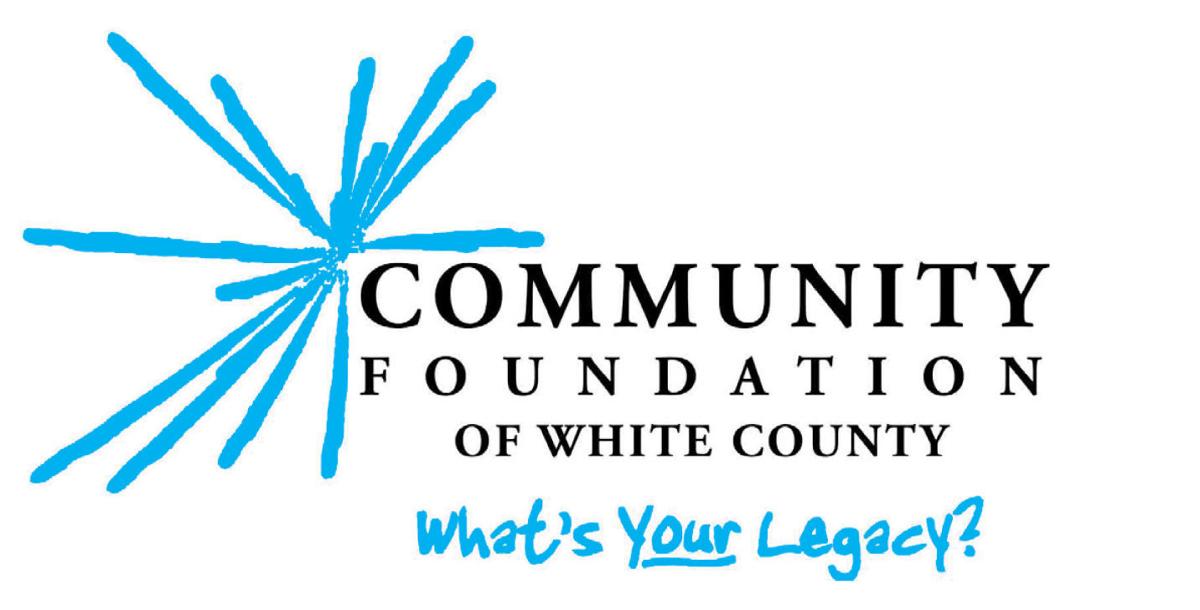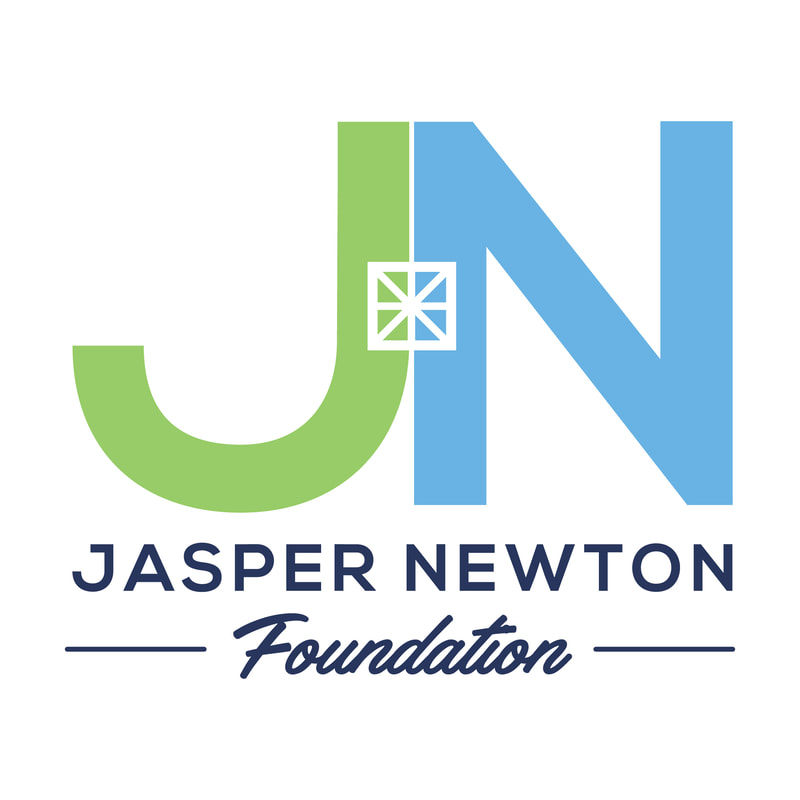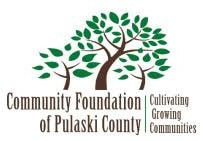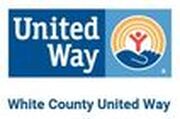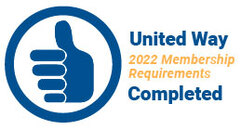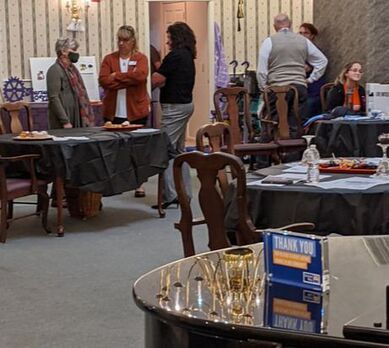 Impact is the key of Indiana United Way's Economic Relief Initiative, and our community used it to unlock meaningful collaboration. The greatest change our service network has experienced through the process of allocating ERI funds, attained through a partnership with Lilly Endowment, Inc, has been the realization of truly collective impact. Traditional models for fund allocation and grantmaking have been lagging for years, and White County United Way has been re-imagining allocations since a workshop in 2019 highlighted new methods of funding being used throughout the state. Visionaries on the WCUW board decided then that our United Way would be a champion for mental health, and we would promote mental health growth in our community. But the change was slow and incremental, and mostly not flashy enough to really garner much momentum. When the ERI brought the influx of significant, change-making funding to our region, our team got serious about putting that gift to great use for the benefit of our neighbors. Suddenly, we had more funding than we had services to fund--that is, services meeting basic human needs. Suddenly, the focus of our work was not contemplating how to slice a funding pie into ever-thinner pieces for a an over-extended network that lacked capacity. Rather, our work began to center around the actual needs for service. Agencies worked together. True collaboration happened, and gaps were filled in non-traditional, but still effective ways. Examples abound. Some of the simplest solutions provided the greatest impact, and our network simply needed the means and opportunity to pursue those solutions. Our amazing partner provides public transit on a donation basis, but the Council on Aging is only open from 8-4 PM, and often there is no time for patrons to plan ahead for its use. Given that the Council's capacity is stretched regularly, and even more so during the 2020/21 season, they were unable to accommodate rides outside of these hours. A local church, Faith Covenant Christian Fellowship runs a transportation ministry and has for some time. They also are able to provide gas cards to those in need, as our rural location makes transit nearly impossible. Together, we were able to answer the need of those patrons who are unable to use the Council, and the Community Relief Fund provided much needed services through the existing structure of FCCF. But the true beauty of this partnership is its collaborative nature. WCUW's phone number is the contact number, and transportation needs are forwarded to FCCF volunteers during extended business hours. When the Council receives a request it is unable to meet, those calls are routed to WCUW. Of course, the system has been personally, verbally, and electronically communicated with all of our partners, and our infrastructure has expanded through a simple conversation and a modest financial investment. Rural residents have the same needs as those in more densely populated areas, but the service network cannot operate efficiently enough to meet them when we work independently. Instead, we must work as a network, meeting people in the locations that best serve them, and stretching our outreach strategies to the clients' needs while keeping ever-mindful of our unique missions. The mindset we developed through the ERI Grant is both powerful and incredible. More than once, a potential grantee would suggest a different entity altogether to step in to fill a client need, even though they were foregoing possible funding in doing so. Our service professionals truly placed community over self-interest in the past two years, and their generosity has been humbling. Overall, the greatest good to come out of the ERI Grant is not in the individual client stories we share, but in the thought-shift our network has taken to serve. Because of ERI funds, our United Way is finally broadening our scope to understand the needs in Jasper and Pulaski Counties. Because of ERI funds, our regional network is meeting monthly to develop a Trauma-Informed, Recovery-Oriented System of Care and shared client database. Because of ERI funds, more than 1,746 of our neighbors have received the services they need to better respond to the pandemic. Because of ERI funds, these neighbors, our donors, volunteers, clients, and staff continue to LIVE UNITED in 2022. guest column by Nikie Jenkinson, executive director
0 Comments
|
AuthorJordan Day has been with the United Way since May 2020, and is currently working as a Social Media Consultant for WCUW. Archives
March 2022
Categories |

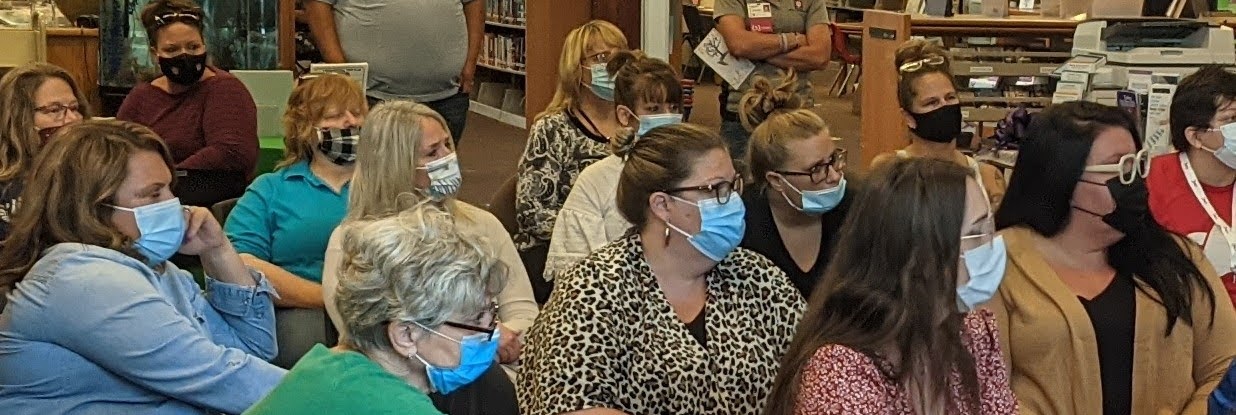
 RSS Feed
RSS Feed
